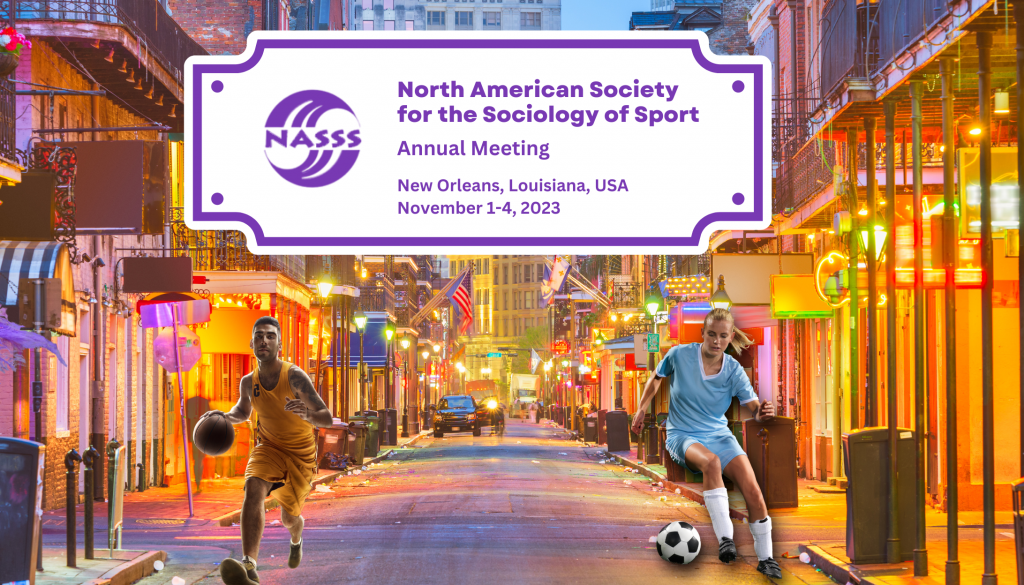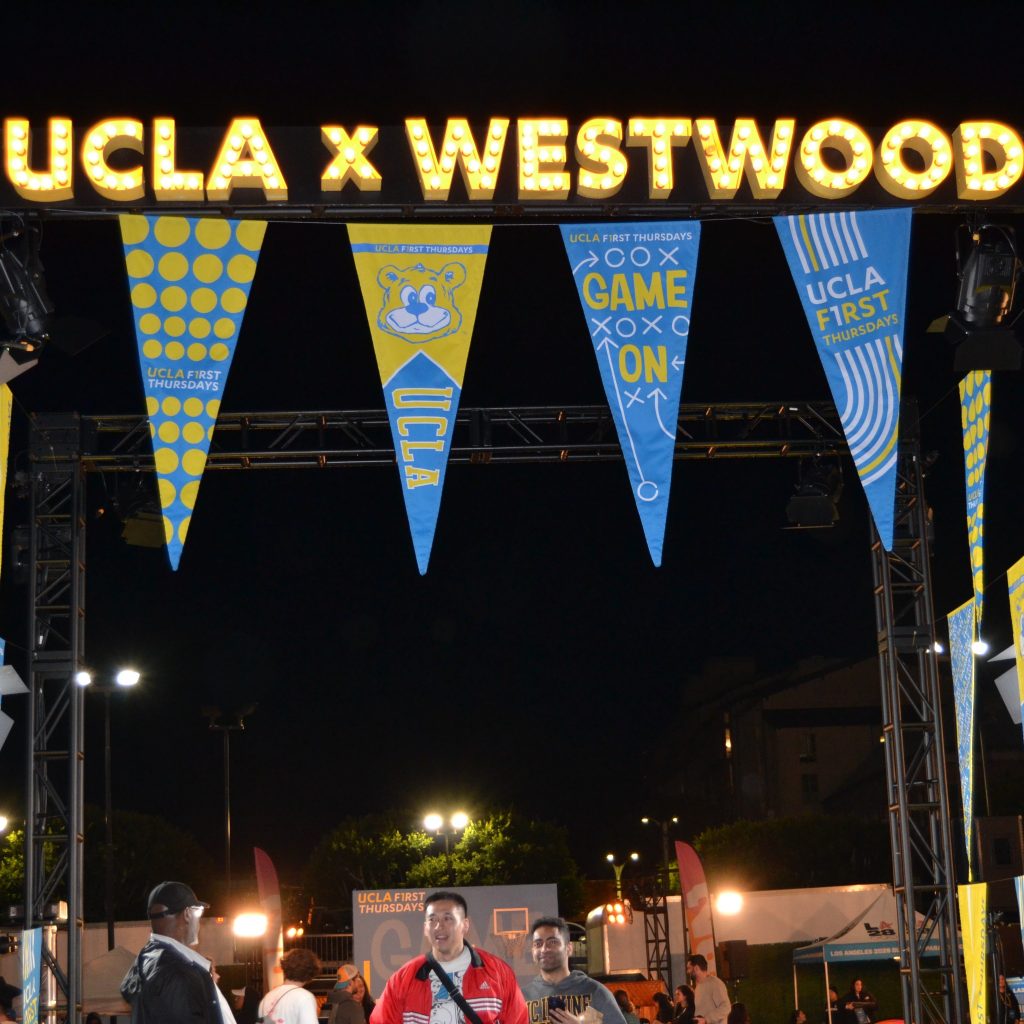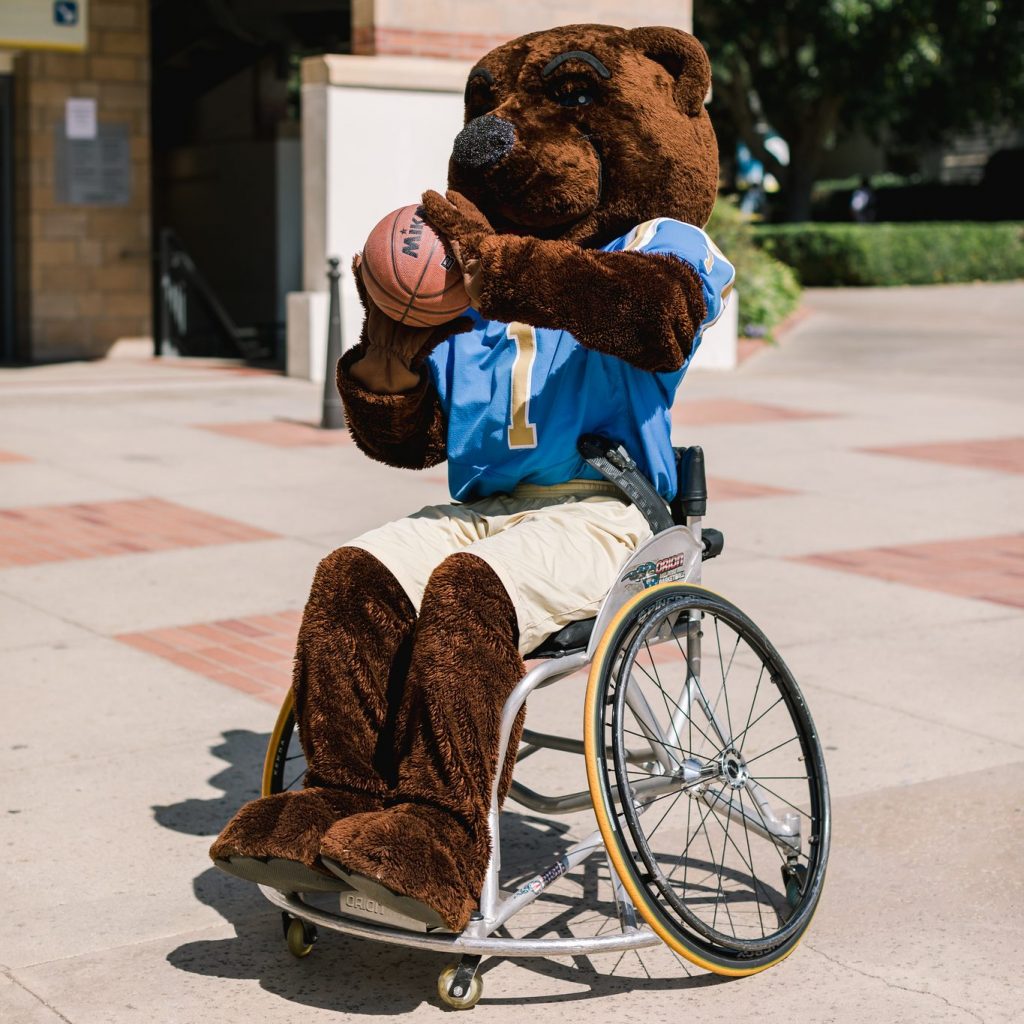The North American Society for the Sociology of Sport (NASSS) held its annual conference from November 1st to 4th, 2023, in the culturally rich city of New Orleans. This year’s conference continued to expand on new topics and diversify its sessions from previous years, spanning four days with over a hundred sessions covering various aspects of sports sociology and sports research more broadly.
I participated in two panels during the conference. In the first, representing the Sports and Society lab, I discussed my work, “Exploring Coach Perspectives on Inclusion of Athletes with Disabilities in School Sports Amidst Changing Demographics.” Focused on my ethnographic and interview research, I spoke about the experiences and challenges faced by coaches in integrating athletes with disabilities in team sports such as American gridiron football and basketball in a typical Los Angeles County high school. This topic is increasingly relevant given demographic shifts in LA schools, where there is a significant decline in student population that has not corresponded to a decrease in students requiring accommodations. During my 10 years coaching mixed-gender high school badminton in Los Angeles, no administrator or coach educator discussed access and sports at our school with me or in a group setting with other coaches. The growing visibility of athletes with disabilities, along with the encouragement for coaches to work with these students and broaden the athletic playing field, is forging more opportunities that were not available before. This topic was an unexpected finding during my previous larger project on environmental hazards and school governance.
My second presentation, on a panel about the representation of Latina/o/x/e communities in sports research, drew from my environmental hazards research. I am Puerto Rican, and I grew up in Los Angeles in a mainly Mexican and Mexican-American community; my academic interest and personal experience also coincide in my research into the experiences of young athletes of color. My research into environmental hazards and governance within school sports was based in a primarily Mexican and Mexican-American city in Los Angeles County. This session overall highlighted the need for more inclusive sports research methodologies, and the importance of diverse voices in sports studies.
In addition to the sessions I participated in, the conference featured a wide array of topics, from the influence of gender and race in sports to the impact of economic factors on athlete performance. Intriguing session topics included the intersection of sports and technology, exploring how advancements in data analytics are reshaping coaching strategies. Two memorable presentations were: Professor Michael Cottingham from the University of Houston presented “Performance Enhancement in Non-Elite Wheelchair Rugby Players: Weekend Warriors Taking Big Risks.” Additionally, there was a screening and conversation with Dave Zirin, an acclaimed sports critic, author, and documentary filmmaker, about his new work, “Behind the Shield: The Power & Politics of the NFL.” More information about all conference programs and panels can be found in the conference program here.
The NASSS 2023 conference not only served as a platform for academic exchange but also as a reflection of the evolving landscape of sports sociology and the wider study of sports. It underscored the importance of interdisciplinary approaches and the need to embrace diverse perspectives in understanding the multifaceted world of sports.
Attending academic and practitioner oriented conferences is part of the research activities of lab advisory members: coaches, athletes, and faculty. NASSS 2023 covered topics in all three sub-divisions of the Sports and Society lab, High Performance, Community and Recreation, and Youth Sports and Coaching.



